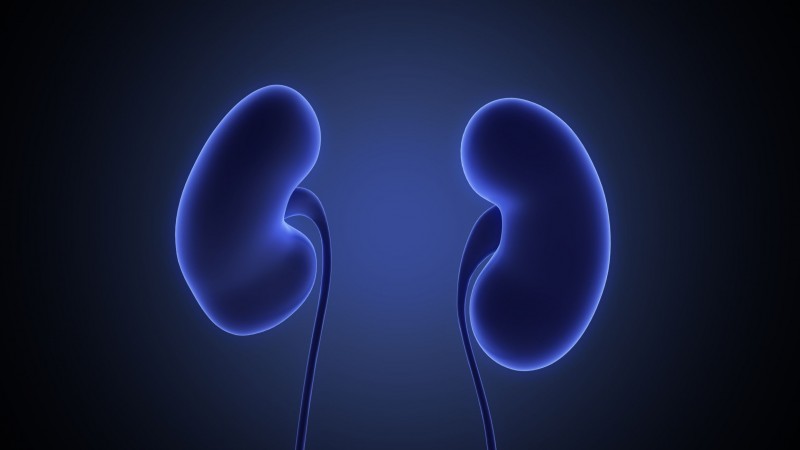
When it comes to kidney health, most people are familiar with common issues like kidney stones or infections. However, there exists a realm of rare kidney diseases that often go unnoticed, affecting individuals in profound ways. In this article, we delve into the depths of three such rare kidney disorders: Alport Syndrome, Polycystic Kidney Disease (PKD), and Dense Deposit Disease (DDD). We'll uncover the characteristics, causes, symptoms, and potential treatments for each of these conditions, shedding light on the challenges faced by those who suffer from them.
Alport Syndrome: A Genetic Culprit
Understanding the Basics
Alport Syndrome is a hereditary condition that primarily affects the glomeruli, the tiny blood vessels within the kidneys responsible for filtering waste from the blood. This syndrome is caused by mutations in certain genes that encode for collagen, a protein that provides structure to various tissues, including the kidneys.
Recognizing the Signs
The symptoms of Alport Syndrome can vary widely, but they often include blood in the urine, hearing loss, and changes in the shape of the lens in the eyes. These symptoms typically appear during childhood or adolescence, making early diagnosis crucial for effective management.
Management and Treatment
Currently, there is no cure for Alport Syndrome, but treatments focus on managing its symptoms and preventing complications. This might involve medications to control blood pressure, dietary modifications, and in some cases, kidney transplantation.
Polycystic Kidney Disease: Growing Cysts, Growing Concerns
Unraveling the Complexity
Polycystic Kidney Disease is a genetic disorder characterized by the formation of fluid-filled cysts within the kidneys. These cysts can grow over time, potentially leading to kidney enlargement and impaired kidney function.
The Silent Onset
PKD often remains asymptomatic in its early stages. However, as the cysts expand, individuals might experience pain in the back or sides, headaches, high blood pressure, and even kidney stones.
Navigating Treatment
Managing PKD involves addressing its symptoms and preventing complications. Blood pressure control is vital, and in cases of severe kidney damage, dialysis or kidney transplantation might be necessary.
Dense Deposit Disease: The Complex Cascade
The Enigmatic Disease Process
Dense Deposit Disease, also known as membranoproliferative glomerulonephritis Type II, is a rare kidney disorder characterized by the abnormal accumulation of a substance called dense deposit within the glomeruli. This deposition triggers a cascade of immune responses that harm the kidneys.
Signs and Symptoms
Dense Deposit Disease can manifest with symptoms such as proteinuria (excess protein in the urine), hematuria (blood in the urine), swelling, and high blood pressure. These signs often emerge during adolescence or early adulthood.
Current Approaches to Management
Managing Dense Deposit Disease is complex and involves suppressing the immune system's abnormal response. Medications like corticosteroids and immunosuppressants are commonly used, but their effectiveness varies from person to person.
Rare kidney diseases like Alport Syndrome, Polycystic Kidney Disease, and Dense Deposit Disease bring into focus the intricacies of renal health. These conditions, though uncommon, can have a significant impact on individuals' lives. Early diagnosis, effective management, and ongoing research are crucial in providing better outcomes and improved quality of life for those affected.
How Artificial Intelligence Works: A Comprehensive Guide
Can the Newly Identified Lipid in Breast Milk Reduce Infant Cerebral Palsy?
The Zesty Elixir: Unveiling the Multifaceted Benefits of Lemon